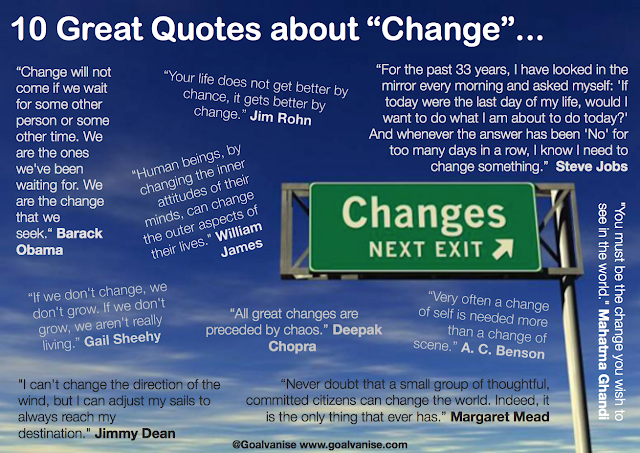At just four years old, I attended a football game at the Rose Bowl with my father. We settled into seats with hot dogs, peanuts and Delaware punch.
Excitement filled the stadium and rippled throughout my body.
My father's first advice, "Watch reactions. Don't just follow the ball." During warm ups, he pointed out ways coaches related to the players and how they responded. He talked a lot about the intensity of training that went into the game. He also encouraged my writing training in similar ways.
Training to write begins way before pen meets paper or fingers tickle keys. Making a friend of curiosity initiates a first step of preparation.Writers need to become omnivores of experience. Nourishing wonder involves all the senses to receive transmissions from life's stimuli.
How do you train to write?
Investigate ways to stretch and train before writing. Squint and notice how it changes your perspective.
Delve into discoveries by doing what you don't usually do. Try different points of view.
Listen to music of all types.
Play!
My father's first advice, "Watch reactions. Don't just follow the ball." During warm ups, he pointed out ways coaches related to the players and how they responded. He talked a lot about the intensity of training that went into the game. He also encouraged my writing training in similar ways.
Training to write begins way before pen meets paper or fingers tickle keys. Making a friend of curiosity initiates a first step of preparation.Writers need to become omnivores of experience. Nourishing wonder involves all the senses to receive transmissions from life's stimuli.
How do you train to write?
Investigate ways to stretch and train before writing. Squint and notice how it changes your perspective.
Delve into discoveries by doing what you don't usually do. Try different points of view.
Listen to music of all types.
Play!
Practice imaginative thinking by searching for nuances and connections.
Notice reactions to situations. Investigate cause and effect.
Notice reactions to situations. Investigate cause and effect.
When
watching sports like a football game, go beyond a focus on the ball.
Observe the body language, reactions and responses of players. In what
ways do they anticipate way before a play unravels?
Nurture awareness by seeking adventure with a child's eyes. Let go with no agenda or time keeping for a set period each day.
Questions add another dimension to training. What amuses? What confuses? Which mysteries need investigation? Let self-discovery push to the edges. Remain open to possibilities.
Nurture awareness by seeking adventure with a child's eyes. Let go with no agenda or time keeping for a set period each day.
Questions add another dimension to training. What amuses? What confuses? Which mysteries need investigation? Let self-discovery push to the edges. Remain open to possibilities.
Choose another art form to cross-train your writing. Draw or paint. Don't forget to dance to enhance movement and rhythm.
Develop a yoga practice for breathing and balance.
Take advantage of life's disruptions. Use them for story.
Become restless and relentless. Then write about it.
Writing goes way beyond the basics of grammar and syntax. Football season might inspire new approaches. Start your training today!












































